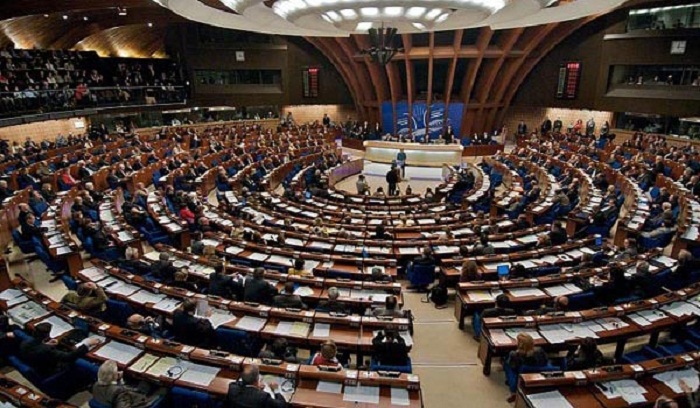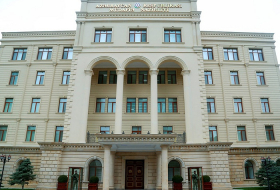The demand, from a group of cross-party MEPs, comes on the eve of a referendum (6 December) on key changes to the Armenian constitution and amid growing political and social unrest in the country.
A rally in Gyumri, the New Armenia Public Salvation Front (NAPSF) urged citizens to vote ‘no’ in Sunday’s referendum that will decide whether the country’s constitution is substantially changed or not while on Tuesday, clashes were reported between rights activists and police.
Observers say the latest disturbances are symptomatic of a much deeper malaise which has engulfed the landlocked former Soviet state since it turned its back on the EU and joined the Moscow-led Eurasian Economic Union earlier this year.
NGO groups in Armenia say this has stymied efforts to improve human rights and instead created uncertainty among civil society, something MEPs say is further “cause for concern.”
Among them is UK Socialist member Richard Howitt who said, “Any alleged human rights abuses are a cause of great European concern and it is also deeply troubling to hear reports of alleged discrimination against the LGBT community in Armenia.
“Ahead of Sunday’s referendum on constitutional amendments it is vital that no pressure or violence is used against any citizens. It is vital that there is no repeat of the terrible scenes in 2008 when 10 people were killed,” added Howitt, a member of the Foreign Affairs Committee, and Human Rights sub committee.
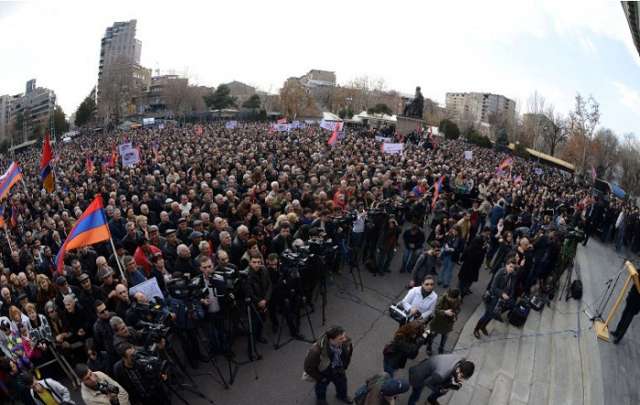
His concerns are shared by Estonian centre right MEP Tunne Kelam, hosted a hearing in the European Parliament this week on the state of human rights in Armenia.
The meeting was presented with a report, “Human Rights in Armenia,” by Human Rights Without Frontiers (HRWF), an NGO, which points out that Armenia and the EU had,until recently, moved closer together with deals such as the Partnership and Cooperation Agreement.
However, Armenian President Serzh Sargsyan refused to initial an Association Agreement with the EU and instead chosen to join the Putin-led Customs Union.
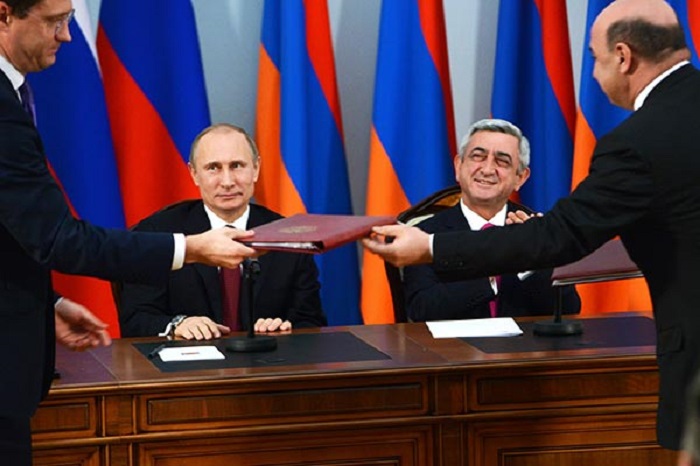
The 86-page HRWF report says it had been the hope of Armenian NGOs that the Association Agreement would develop tools to curb corruption and oligarchic rule.
The report covers a dozen issues addressed by NGOs who express “deep concerns” about the future of democracy, the rule of law and human rights in the country.
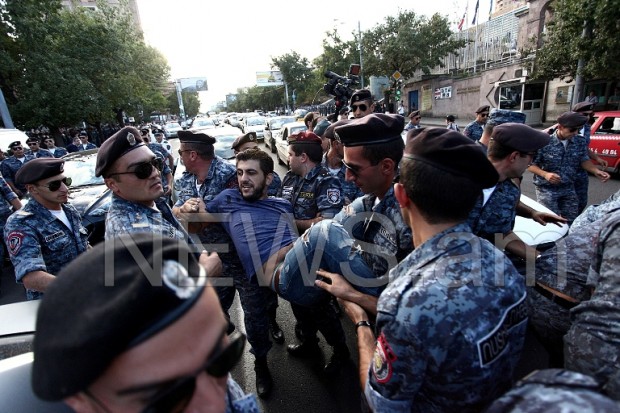
Kelam, an EPP deputy, said that with Russian influence becoming ever more evident, Armenia is now a country “caught in the crosswinds” between Europe and Eurasia.”
Corruption was widespread and the country’s oligarchs had sought to displace the influence of the Church in order to “boost their own social status.”
Kelam, also a member of the Foreign Affairs Committee, pointed to several resolutions adopted on Armenia by the European Parliament, all of which had expressed concerns about rights violations.
One particular area of concern,he noted, was corruption in the judiciary and lack of separation between the legislative, executive and judicial powers
Further concern is voiced by Alyn Smith, a Scottish Nationalist Party MEP, who told this website, “Armenia is very much at a crossroads, in every sense, and it is crucial that the government remains on a path to reform and not fall back into authoritarian views.”
Smith said, “The region is of course unstable but the only viable long term course is to restart the reform programme and to use the considerable assistance the EU could provide. Orientating towards Russia is emphatically not in the interests of the Armenian people.”
Smith has also blasted Armenia for its failure to adequately protect and support its LGBTI community.
He said, “At present, their human rights record just doesn’t cut it. The EU is about improving human rights and safeguarding personal freedoms as much as it is about anything else and Armenia has no protection against discrimination on the grounds of sexual orientation or gender identity.”
Pointing out that Armenia is a member of international organisations such as the UN, OSCE and Council of Europe, he said,”If Armenia wants to take advantage of all the benefits that brings then it will have to start coming up with some advances in rights protections.
“Prohibiting discrimination on grounds of sexual orientation or gender identity would be a start and then recognising that gender reorientation isn’t something alien but giving people the ability to live in a degree of comfort might be a decent next step.
“I realise that recognising same-sex partnerships is a big step for any nation - look at the long and winding road we’ve walked and are walking in Scotland - but there are steps that really are basics for simple decency in the modern Europe.”
The emphasis, he suggests, should be on “co-operation instead of confrontation, openness instead of fear.”
He adds, “Armenia can walk towards a more inclusive society as it walks towards the friendship of nations but it must walk that way.”
Finnish Greens MEP Heidi Hautala, a member of the Euronest Parliamentary Assembly and EU-Armenia delegations, says the eastern partners have paid a high price for deepening cooperation with the EU, and Brussels must continue to stand by them.
Georgia, Moldova and Ukraine chose to associate with the EU, but were “punished” for this choice through trade retaliations and even direct war.
“In 2013 Armenia completely diverted from this path - literally overnight - when Moscow threatened to disrupt the country’s gas supply.”
“We should not miss an opportunity to build closer ties whenever conditions are met. It remains to be seen what Armenia finally decides to do but the European Commission is right to emphasise the need for progress in terms of justice reforms. A lot of technical assistance and monitoring is needed to make sure reforms go beyond a simple simulation exercise and work towards an independent judiciary system, weeding out corruption.”
Meanwhile, British centre right MEP Sajjad Karim has a message for Armenia:”In the EU, you have a partner, you have a union that genuinely wants to walk hand in hand with Armenia, to invest in our shared values and to encourage Armenia to move in a direction that is open, free, fair, with a democratic system and an independent judiciary – all of the things that we in Europe like to say are European value.”
Further comment comes from Bulgarian EPP MEP Andrey Kovachev, who is a member of the sub committee on human rights and said, “The European Union would like to go for further integration with Armenia but it is up to the Armenian side to decide to what level is possible or compatible with the commitment to the Eurasian Economic Union.”








